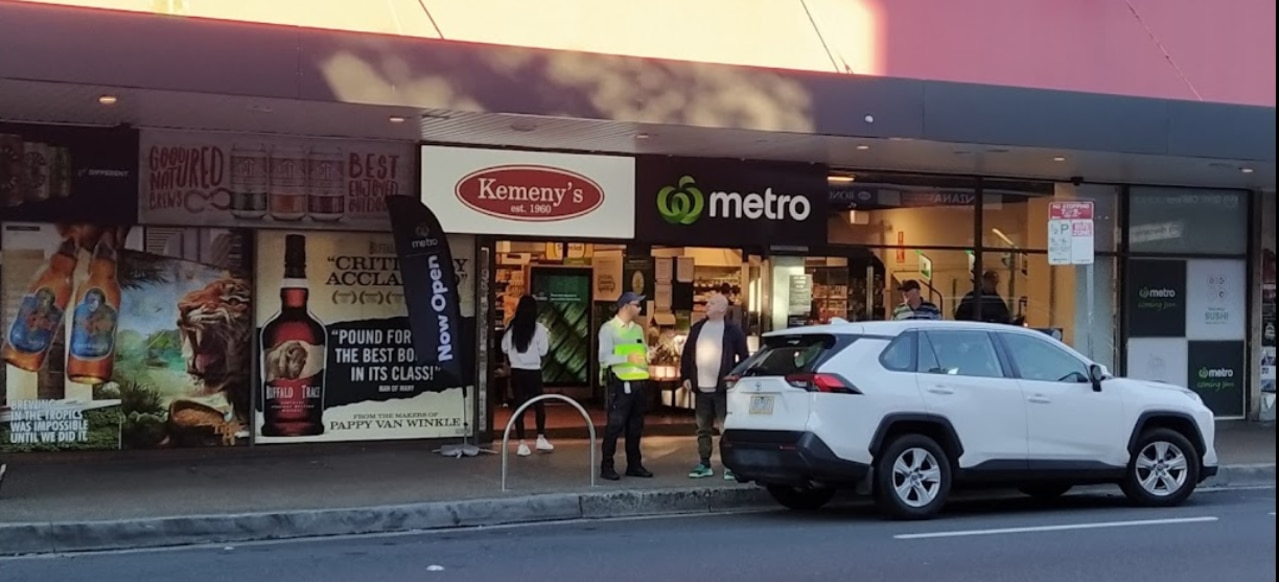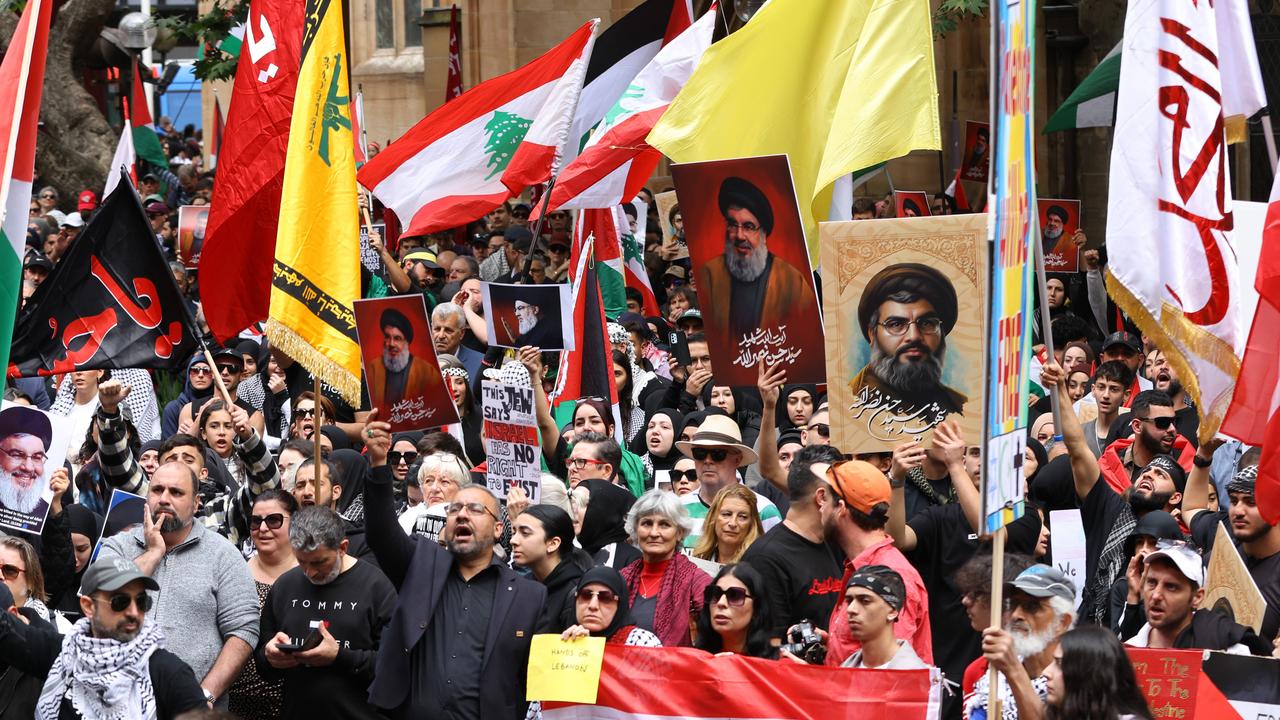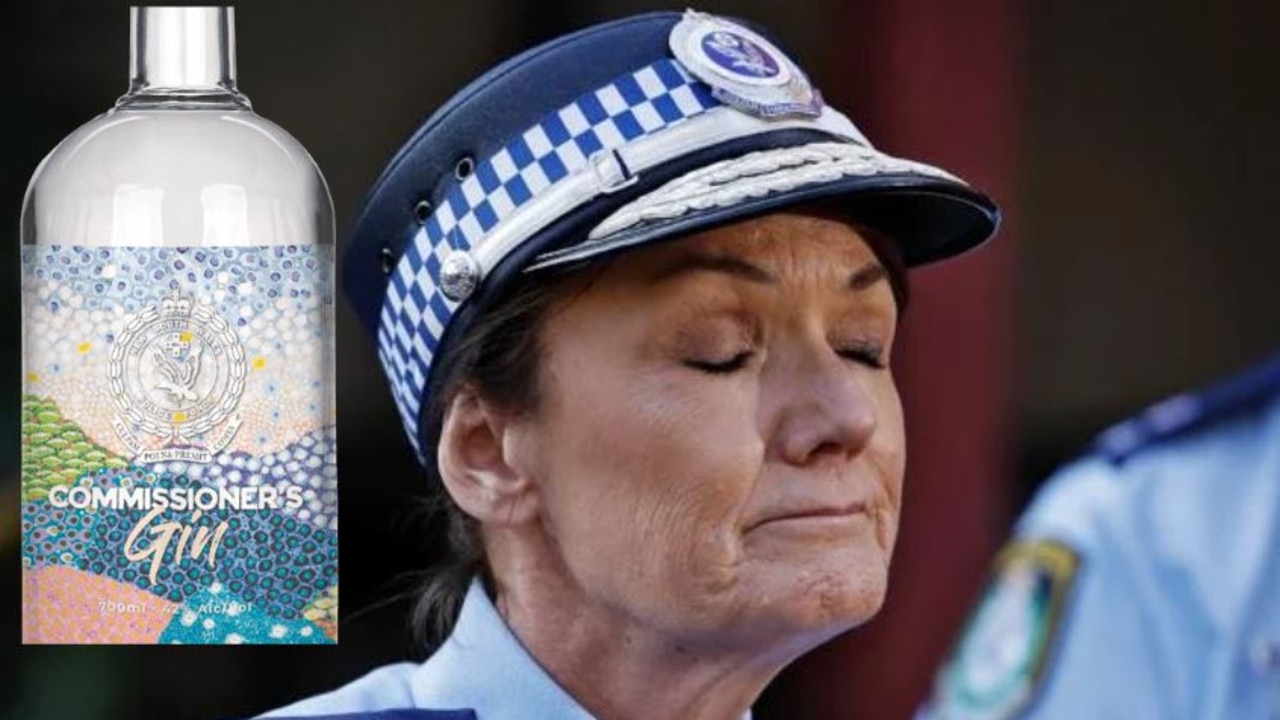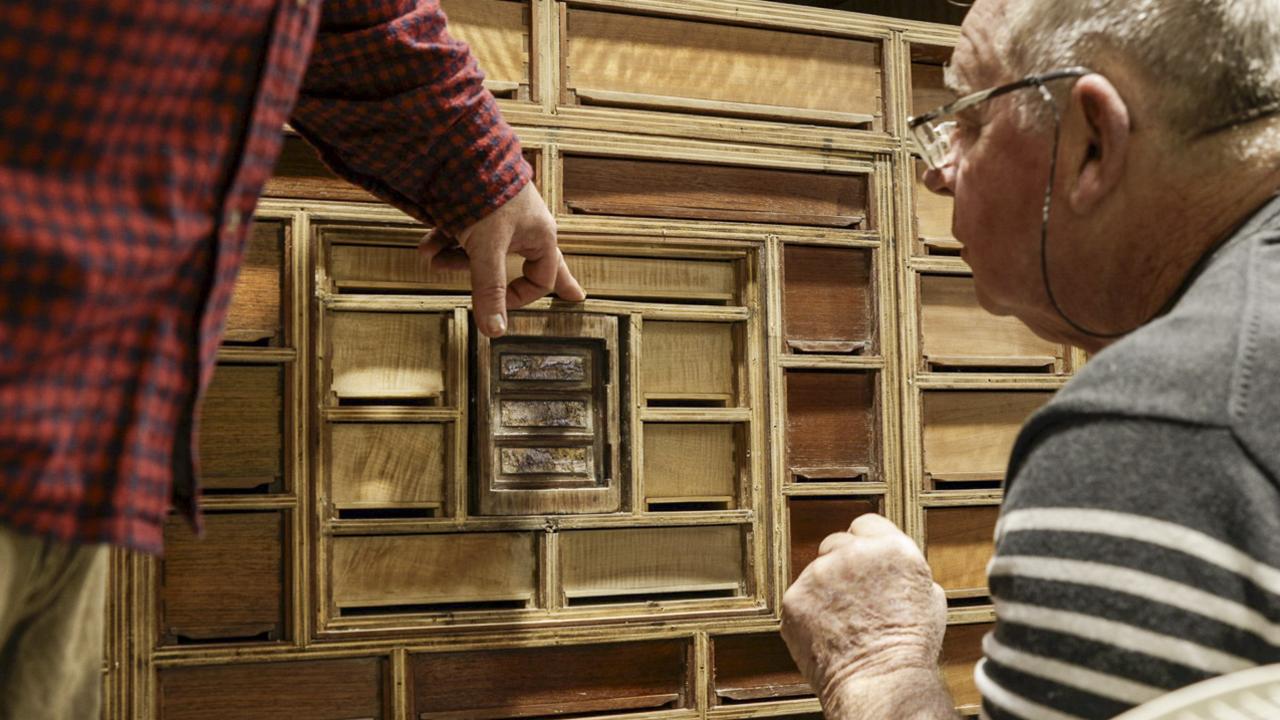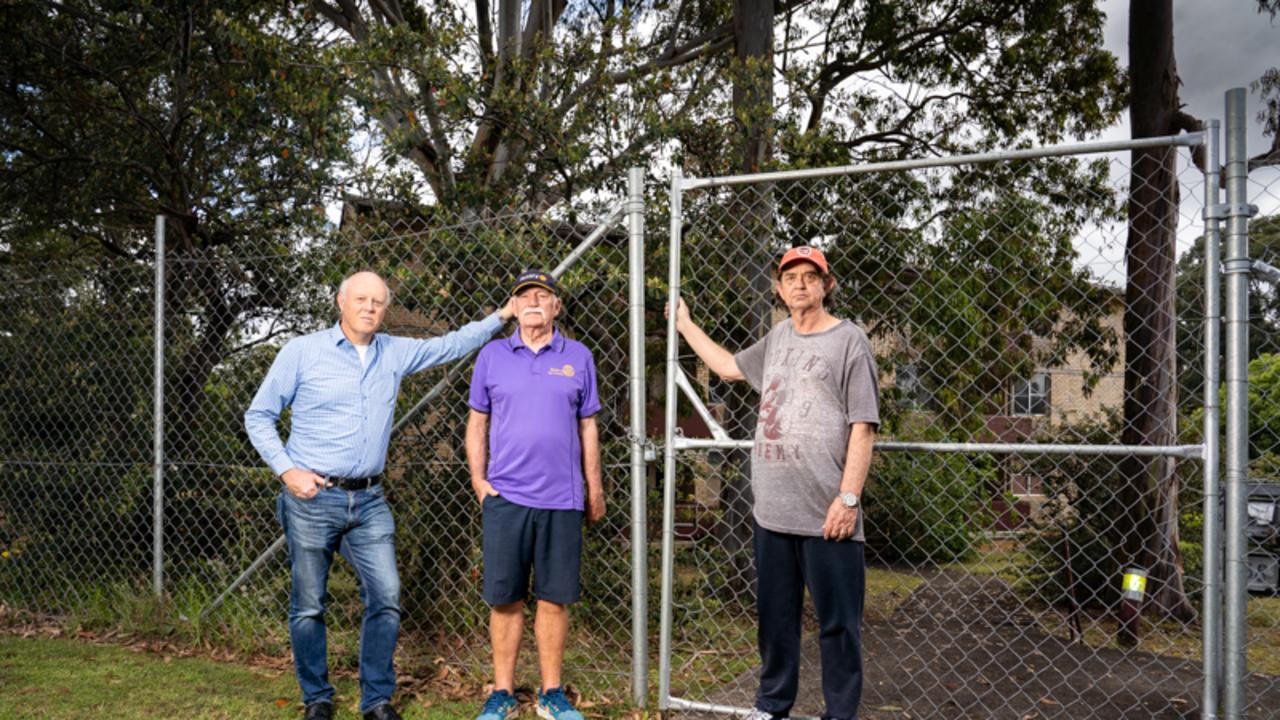Byron Bay begins 60-day cap on short-term holiday rentals
It is one of the most popular stretches of coastline in Australia. But a row is brewing in Byron Bay over a mammoth change starting today.
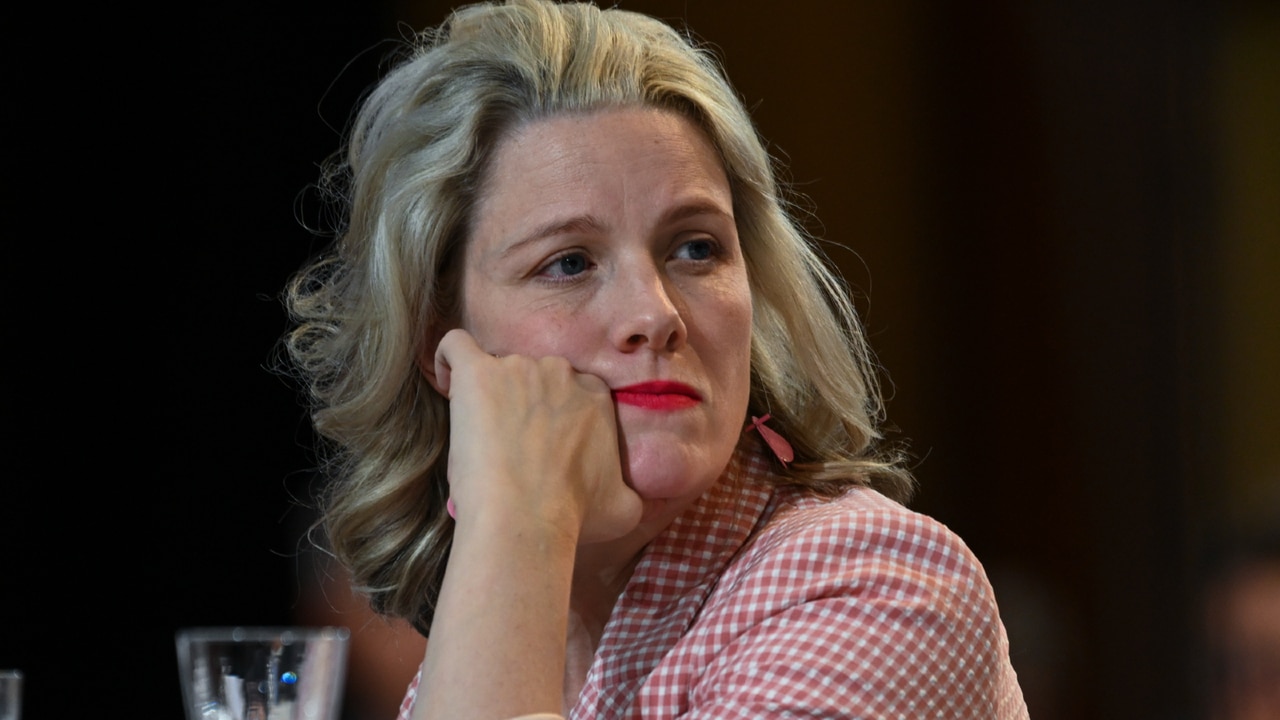
NSW
Don't miss out on the headlines from NSW. Followed categories will be added to My News.
The white sandy beaches and laid-back lifestyle that attracts hordes of visitors each and every year to Byron Bay has officially kicked off a new rule “10 years” in the making, that will impact where and how tourists spend their time in the idyllic region.
From Tuesday, owners of short-term rental accommodation — also known as STRA or holiday letting (think Airbnb or Stayz homes) — will be banned from leasing their homes any more than 60 days in a calendar year. And if they do, Byron Bay’s Mayor Michael Lyon said fines to the tune of $12,000 await.
Speaking to news.com.au, Mr Lyon warned that any homeowner seeking a loophole to rent their home out over the 60-day cap will be punished, with “seamless and integrated” monitoring measures in place.
“Council recently issued $12,000 in fines to a property owner for breaches of [the now expired] 180-day cap,” he said.
“Council is working with the State Government on the register as the primary form of compliance, ensuring all stay data is accurately recorded.
“For platforms like Airbnb and Stayz, which account for a large amount of bookings, this is seamless and integrated already.
“The cap will create a disincentive to investors looking to purchase and then change the use of a premises from residential to commercial for the extra return holiday lets can bring.”
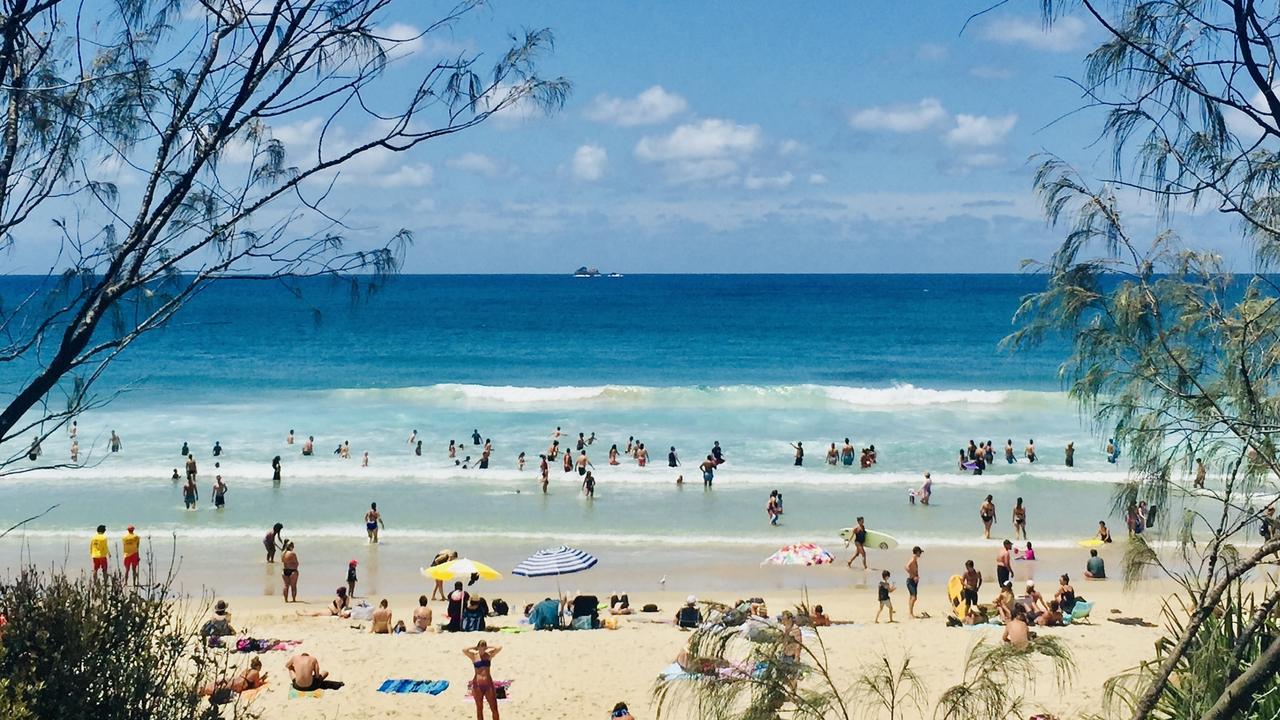
The decision to cap short-term rentals in certain parts of Byron Bay, while other oceanfront areas remain uncapped, appears to be a move that’s welcomed by locals and pushed by council. Mr Lyon and MP Tamara Smith said they have been calling for regulations into limiting the amount of homes used for non-hosted short-term rentals for years.
Speaking to her social media followers on Monday, MP Tamara Smith said the cap brings an end to a “10 year struggle” for Byron Bay.
“I am hoping that it works … that we see thousands, or many hundreds, of whole homes come onto the private rental market,” she said.
“We know they are going to be expensive, but we are the only local government area in the entire state that is having this trial … and we really want it to be a success.”
“This has positive impacts for housing supply and prices for both owners and renters,” Mr Lyon added.
“The economic benefits to the community of using housing as residential have also been shown to be greater, and spread across the whole economy, rather than concentrated in specialist businesses like cleaning and laundry that holiday lets tend to rely on.”
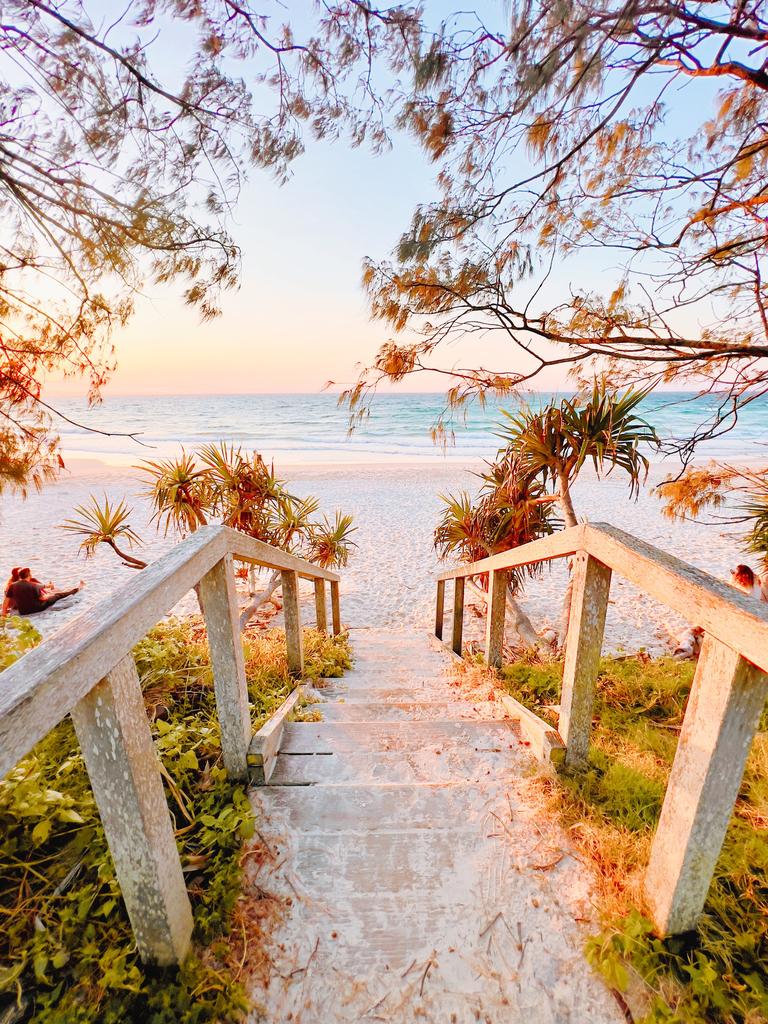
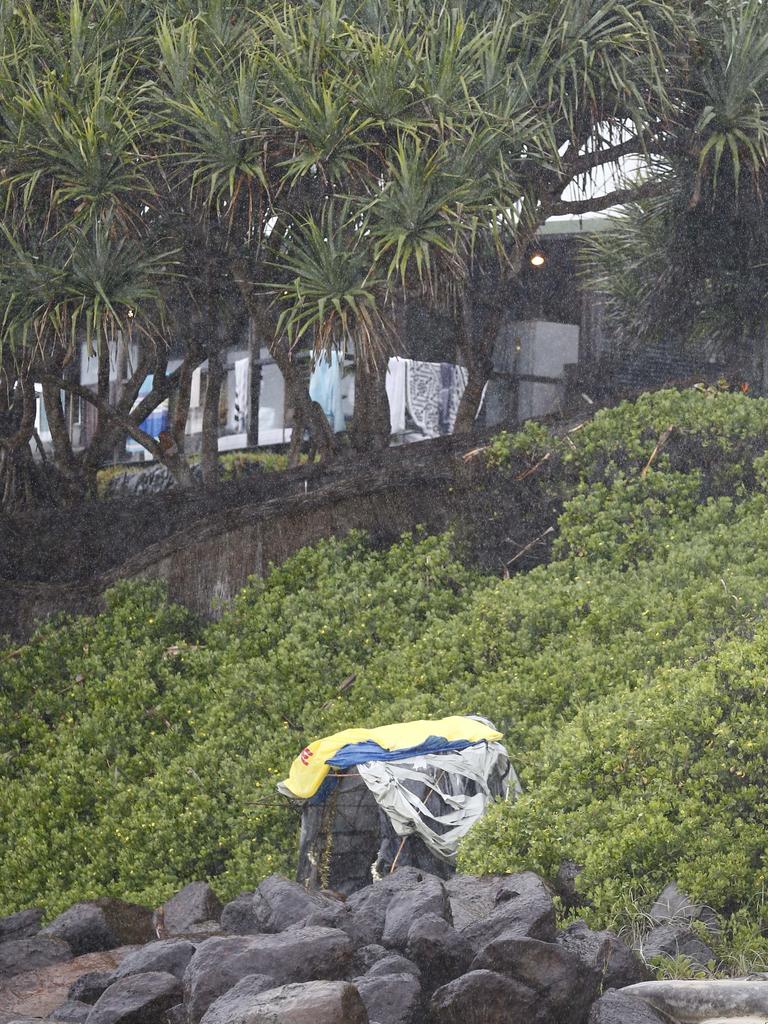
The decision to cap rentals, which was made in 2023 and will make the Byron Bay Shire the first local government area in NSW to implement such restrictions, is a desperate bid to push holiday dwellings back onto the long-term rental market.
Byron Bay’s housing stress and homelessness crisis is one of the worst in the country, with a report conducted earlier this year revealing that the number of people sleeping rough in Byron Bay had spiked.
The massive annual survey, conducted in February, showed that the world-famous beachside destination hosted 348 people sleeping rough, up 16 per cent on last year, while the City of Sydney in comparison had 208 in this year’s count.
But others say it will “devastate the economy”, with the region heavily reliant on tourism occupancy and attracting more than two million Australian and international visitors to Byron Bay each year.
Michael Crosby, Head of Public Policy for Airbnb Australia and New Zealand, unleashed on the decision — saying caps in New York didn’t help with housing, and neither will the restrictions in Byron Bay.
In a statement sent to news.com.au, Mr Crosby said the cap will see “tourism suffer” in a “critical sector”.
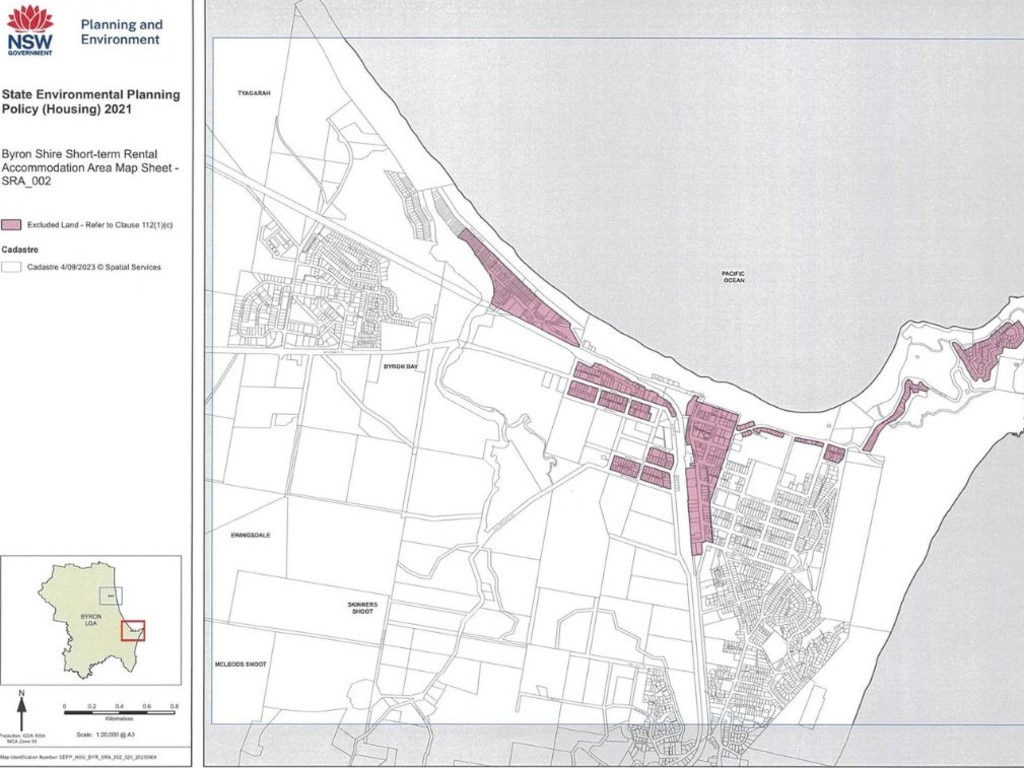
“Night caps, both locally and internationally, have not worked to improve housing affordability or supply,” Mr Crosby said.
“In New York City where short-term rentals have effectively been banned, hotel prices have soared and rental availability and affordability has not improved.
“Tourism will suffer given guests will have less affordable accommodation options. Airbnb guests in the Byron region spent over $200 million in the local community in the 12 months to March 2023 and helped to support 800 local jobs, all the while empowering local hosts to make extra income in the midst of a cost of living crisis.
“The NSW Government needs to consider how to increase affordable housing supply in places like Byron – and a small levy, paid for by the guest at the time of booking – is a way to do that.
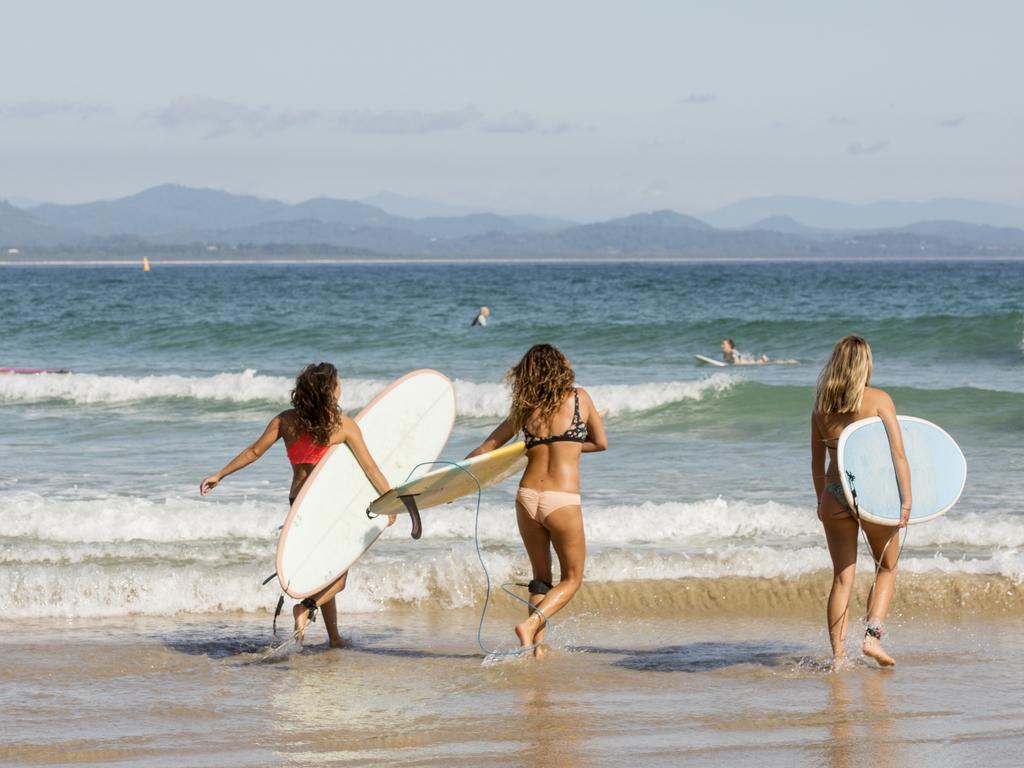
“We’ll watch with interest to see the impact that this restriction has on the region’s critical tourism sector.”
Colin Hussey, chief executive of A Perfect Stay, manages 160 properties in Byron Shire, and agrees that the cap will “devastate the economy”.
“There is about 1,300 holiday homes registered in Byron and that supplies a huge array of accommodation for mostly Australian families to holiday,” Mr Hussey told the ABC.
“They spend around $400 million in the Northern Rivers region. Tourism is the number one economic driver in the Byron Shire, and holiday homes bring the highest yielding, most valuable and lowest-impact guests into the region.
“If you remove the accommodation that they stay in, they are not going to be able to come here. There are many other coastal towns who would like to take up the mantle.
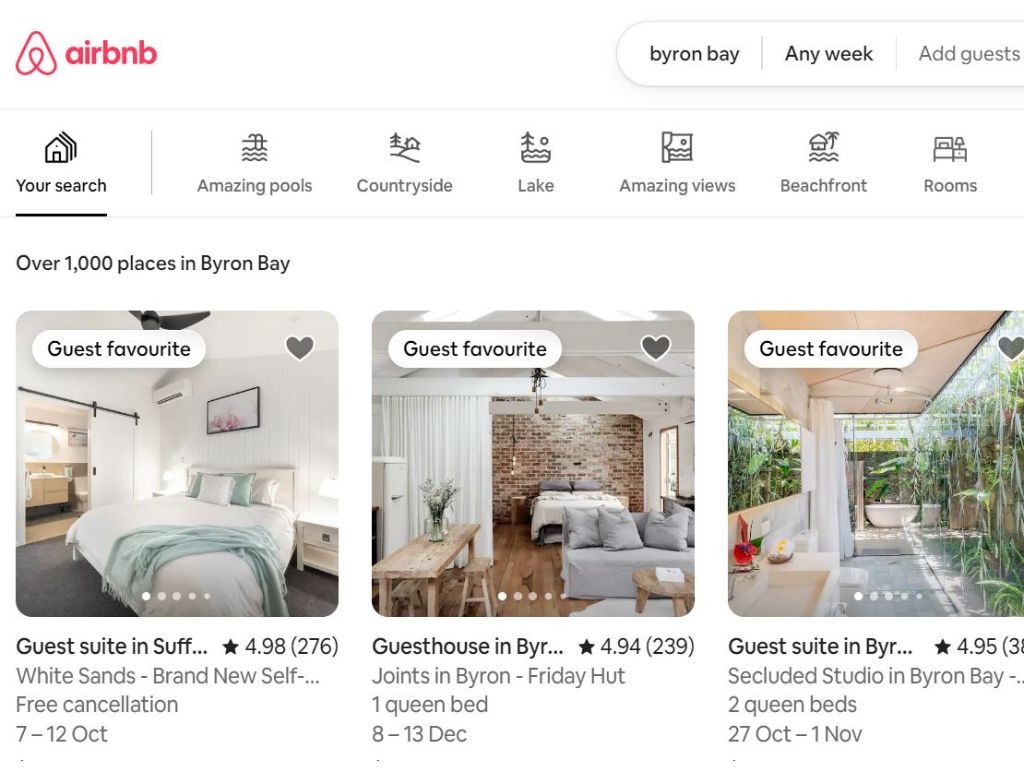
“We have surveyed holiday home owners and the majority — 97 per cent — said they will not move across to permanent rentals,” he added.
“It won’t solve the problem. These are individually owned homes usually by Aussies because they want a holiday here and to retire here.”
With Byron Bay having one of the state’s highest rates of short-term rentals, at about 8.5 per cent of all dwellings falling in to this category, the decision aims to make more of those holiday homes shifted into the hands of long-term tenants.
But while some homeowners have shunned the decision, saying it won’t fix the growing housing crisis — those with multimillion-dollar waterfront properties couldn’t be happier with the decision.
And that’s because a portion of the LGA will be exempt from all caps — including those homes in the centre of town and within the super-luxe corner of Watego's Beach.
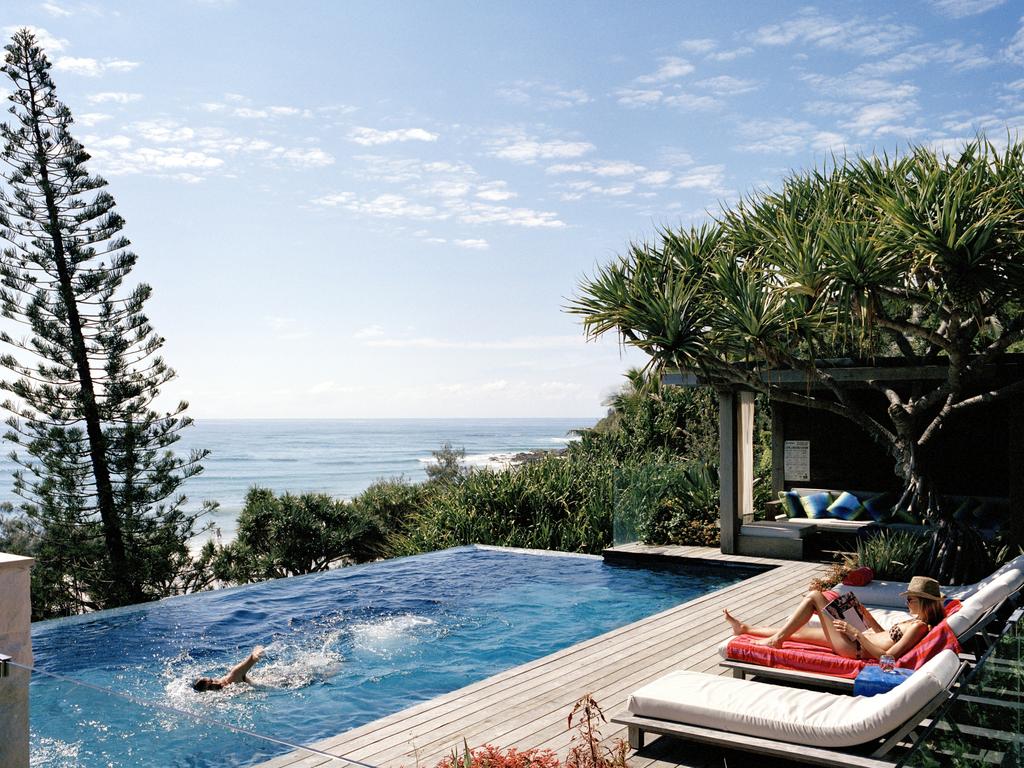
“Many investors buy holiday homes in the areas that are now going to be exempted from all caps,” says Janelle Montano, the owner of short-stay management specialists Your Luxury Escape, told Domain.
“In the beachfront locations, like Lawson Street fronting Main Beach, and a number of streets back, where it’s all holiday accommodation, they’re now going to be allowed to rent out properties for up to 365 days. It’s only in neighbourhoods where it’s mostly residential where the new cap will operate.”
According to a 2022 report by the Australian Housing and Urban Research Institute, which was released before the 60-day cap was confirmed, the number of properties advertised on Airbnb in the region grew by 19 per cent in 2022, while on the flip side — the number of available long-term rentals fell by 34 per cent.
But tourists and rental experts in the region argue those ‘backstreets’ offered more affordable options, which will only now become more scarce and therefore pushing visitors into more expensive listings or hotels.
“With the tightening of supply of holiday properties for rent, I believe tariffs will increase and owners will still be able to achieve a decent income,” Su Reynolds, director of Byron Bay First National, told Domain.
“It’s likely that prices of properties in the areas zoned for year-round holiday letting will increase, too.”
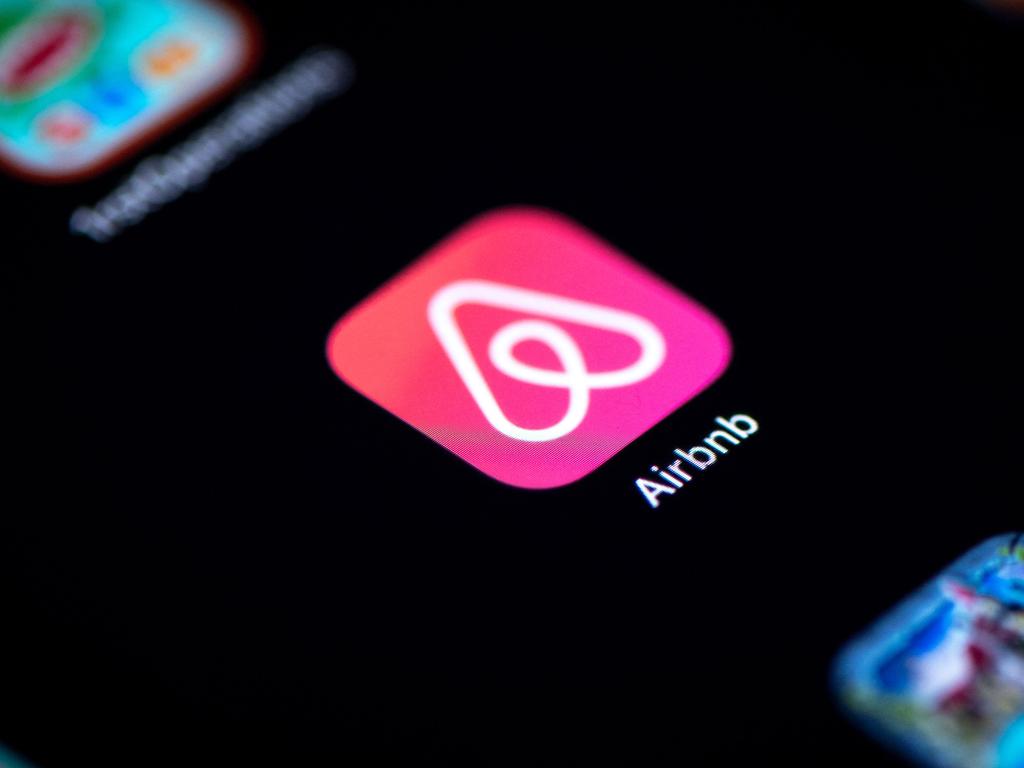
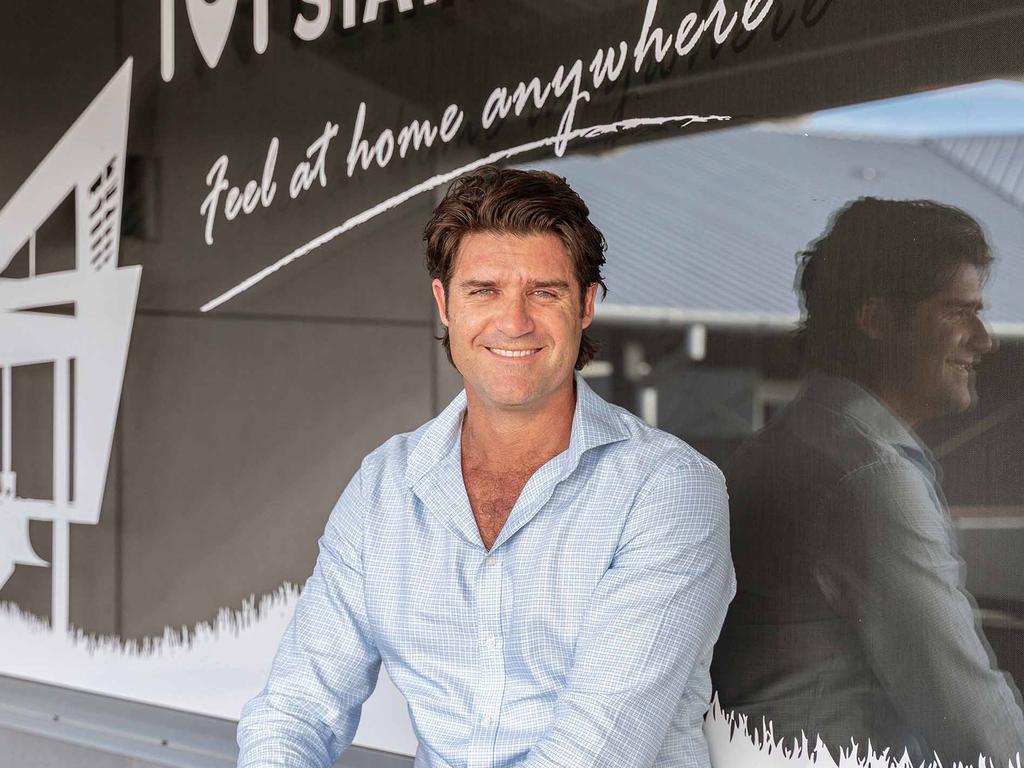
What does the STRA cap mean?
Basically, from Tuesday 24 September — non-hosted properties (where the owner doesn’t live on site) will be subjected to a rental cap.
According to Planning NSW, the cap on non-hosted, short-term rental accommodation will be reduced from 180 days to 60 days across the local government area, while specific precincts in and around Byron’s town centre, beachfront, Watego’s Beach and Brunswick Heads will soon operate without a cap, allowing for non-hosted, short-term rental accommodation for the full year.
There is no day-cap for hosted houses, where the owner lives on the premises during the provision of the accommodation. However, when an owner lives on a property but not within the home being rented, such as a tiny home or granny flat on the title, this is not considered to be hosted.
How will the 60-day cap rule be monitored?
It’s the million-dollar question that still isn’t abundantly clear. Essentially, it will rely on homeowners to abide by the cap, and for council’s compliance staff to monitor and keep tabs on each property.
According to Byron Bay Shire’s council website, any dwelling used for short-term rental is required to be registered on a new State Government-run register for STRA.
Registration to this register means requirements around compliance with fire safety standards and the number of days a property is used for rental “is captured and integrated with key STRA booking platforms (such as Stayz and Airbnb)” and the NSW Planning Portal.
“This register assists Councils with monitoring and compliance of registered STRA dwellings,” the website reads.
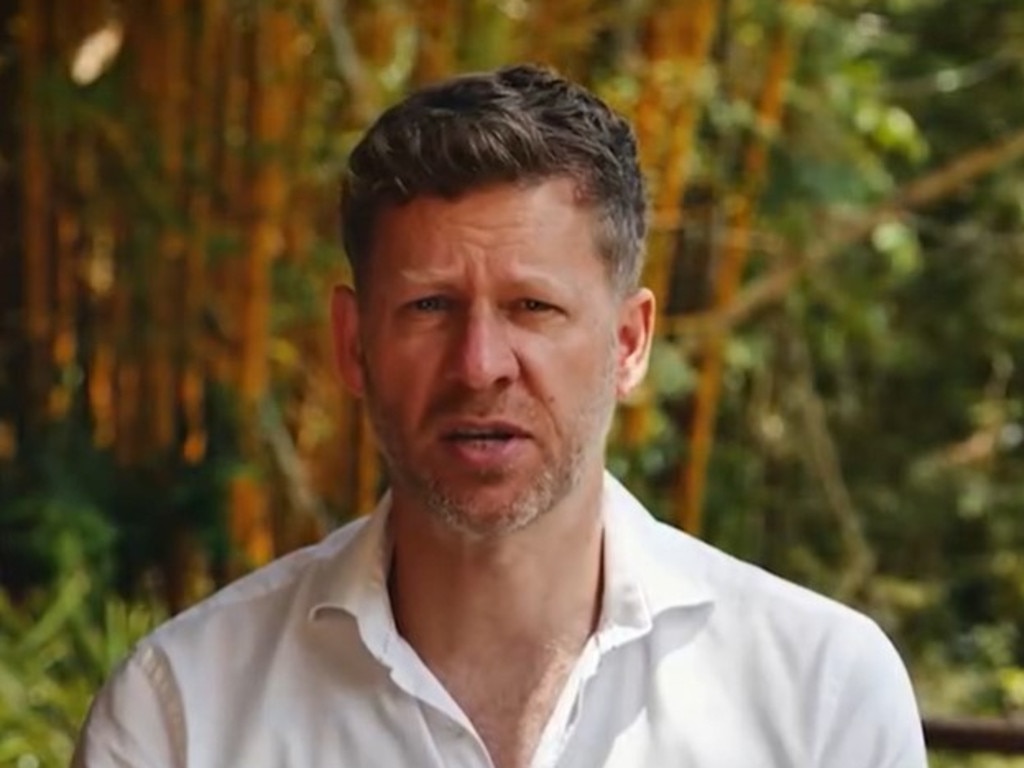
But there’s still no clear restriction on what will happen if an owner rents their property out privately, such as via a Facebook listing or word-of-mouth, however it if caught it will come at a hefty cost.
Originally published as Byron Bay begins 60-day cap on short-term holiday rentals



